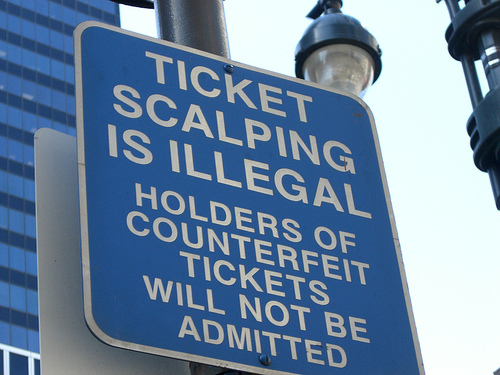The Auditor General has reported that the £113.5 million “Britain is GREAT” advertising campaign already achieved a £1.2 billion payback with a further £0.5 - £0.7 billion to come in the next five years. In other words, for every £1 we taxpayers invest, we can expect at least £17 back. The National Fraud Office is forever telling us that if an investment looks too good to be true, then …….
It is indeed sensible for 17 departments/quangos to share a single campaign with clear objectives, rather than each do its own thing. Furthermore the campaign appears to be creative and well executed.
The NAO comments buried in the review wisely indicate concerns with the methodologies. For many of the FCO/UKTI performance measures, for example, it says something like “Difficult to link directly to GREAT campaign particularly if UKTI has a long-standing relationship with that company.”
The amateur nature of the review is indicated by the lack of understanding of technical terms such as return on investment (ROI), metrics, and brand equity. ROI, for example, is the cash received from an investment as a percent of the cash invested. It cannot usually be applied to advertising without considering its effect on the underlying asset, generally called “brand equity”, a term misused here to mean the value of an ad campaign.
The review ignores the voluminous academic literature on “country of origin effects”, i.e. the impact of the country’s name on economic choices by the target market. At the very least, the specific performance indicators should be reported with “after” compared with “before”. Instead we get broad generalities such as “3.9 UKTI and FCO have a five year target for return on investment for several of its metrics.” We are not told what changed by how much nor the methodology for transposing those changes into cash returns.
A key performance measure for VisitBritain was all the people indicating an intention to travel to the UK whether they saw the campaign or not. That was translated into, for 2012–2014, “£360.3 million validated by the Cabinet Office and included in ROI figures.” The NAO notes a concern with that but still accepts the Cabinet Office “validation”.
Finally, one must have misgivings from all the data for this report being collated from those who spend the money and who have clear self interest in wishing to spend more. Most advertisers I know research the target market directly.
Overall, the role of the NAO in this review reads more like that of a cheerleader for government expenditure rather than a rigorous audit of value for money. For an organisation that generally does such a thoroughly good job, that is disappointing.















